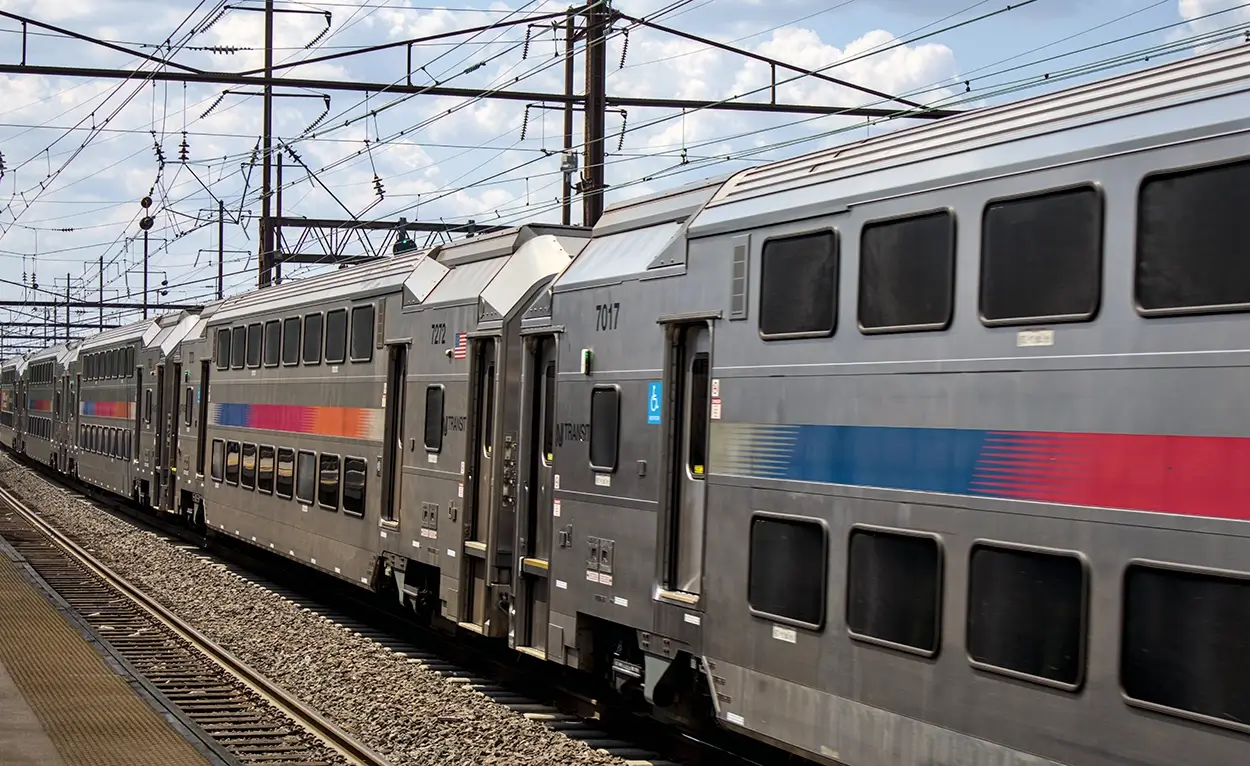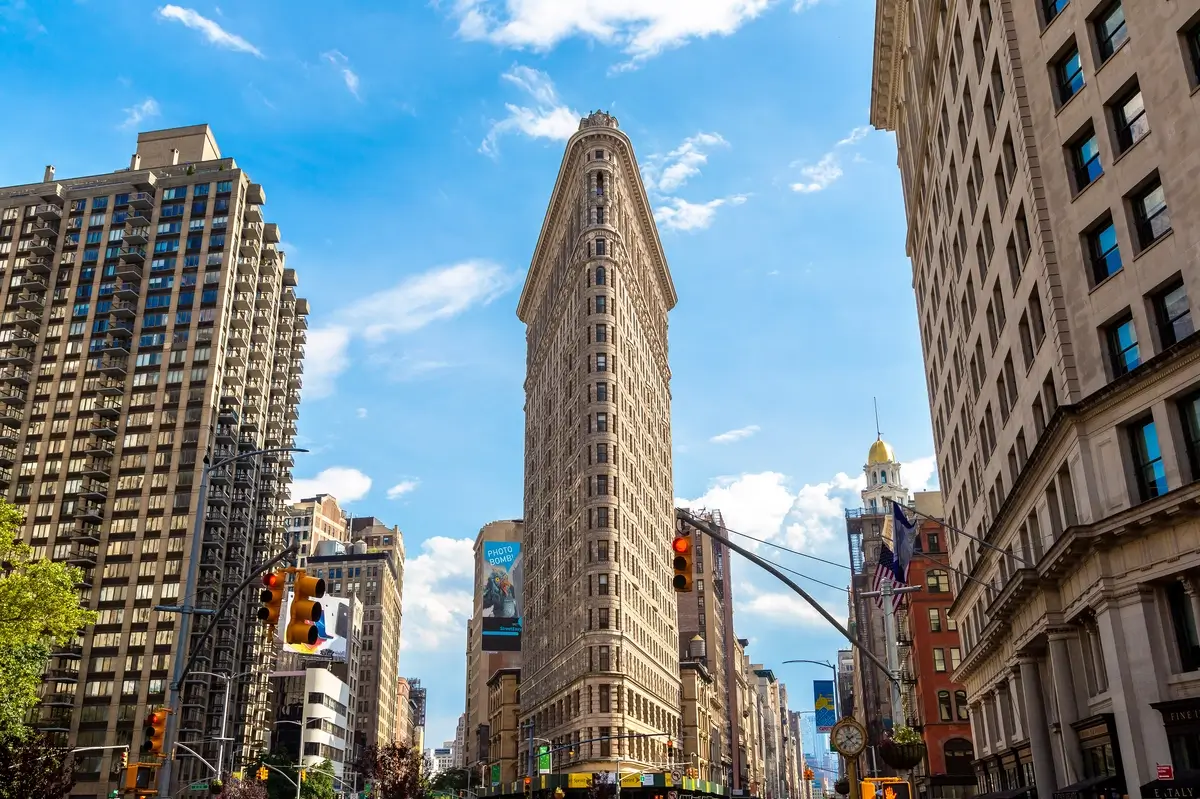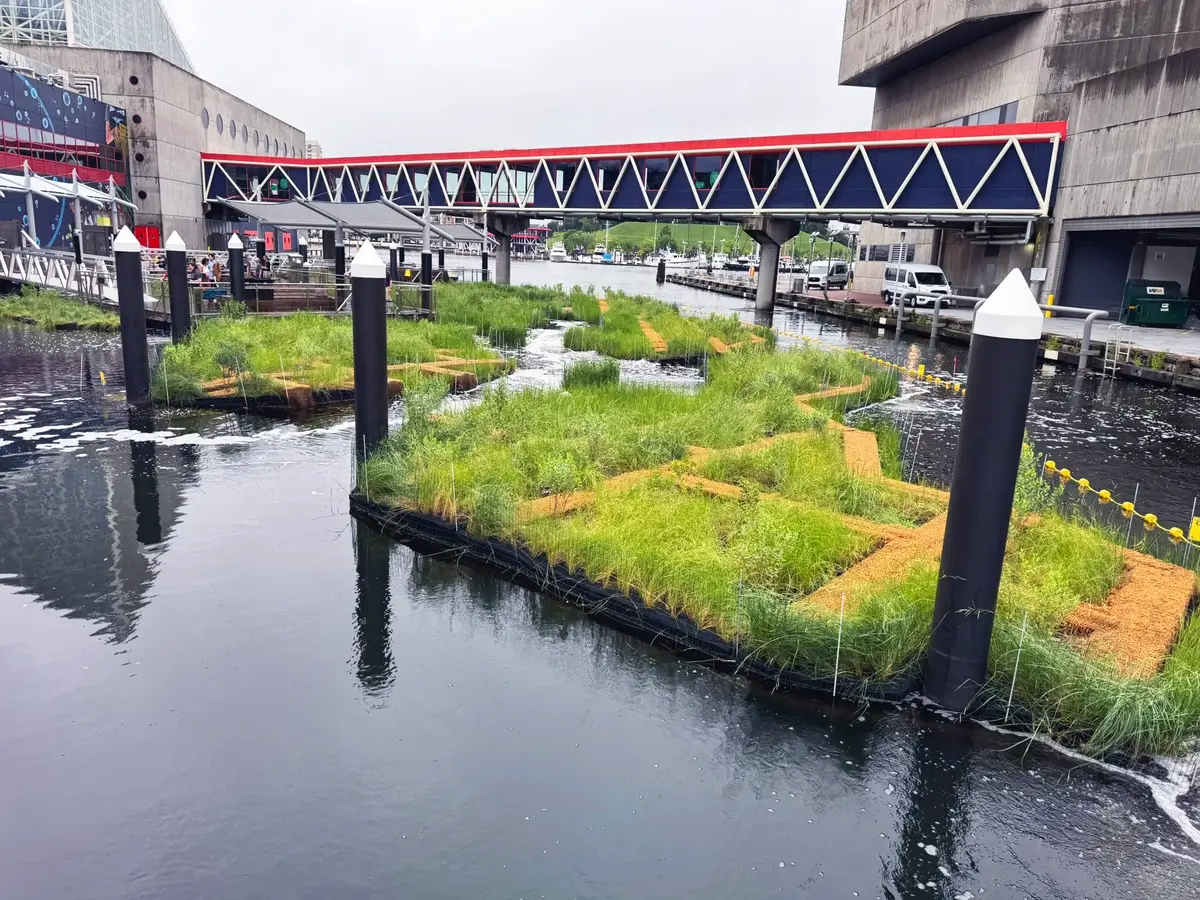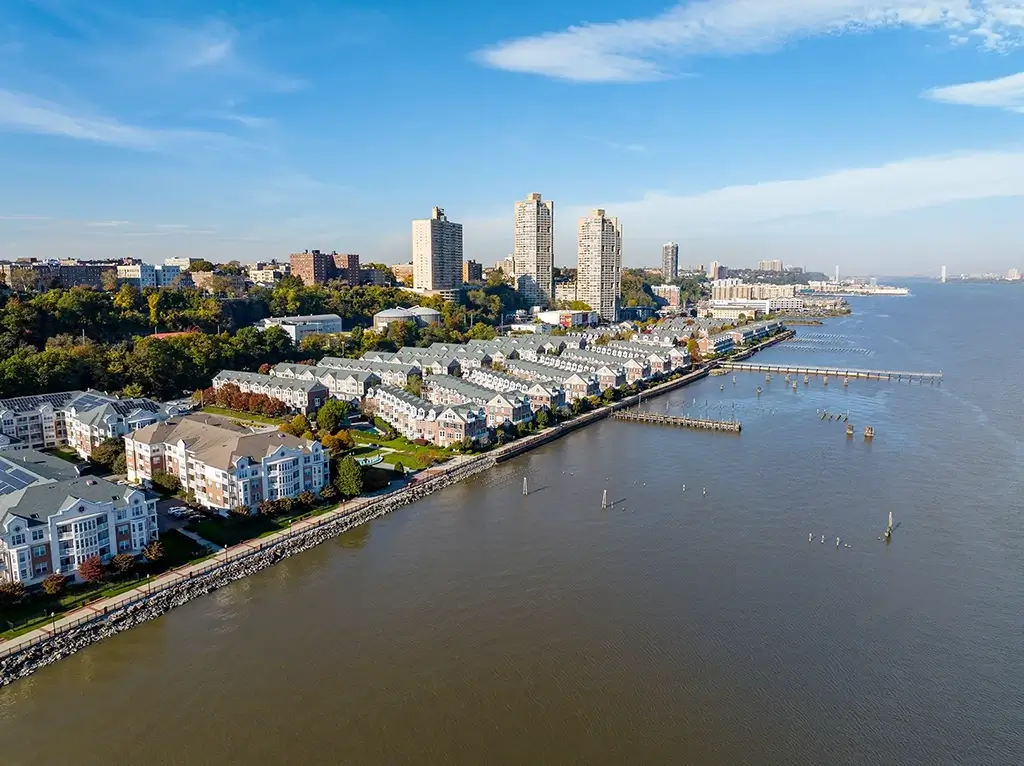On January 8, 2024, New Jersey Governor, Phil Murphy, signed protective legislation, S2760/A4384, to outline and clarify significant changes to NJ condominium inspection requirements. Now approved as P.L. 2023, c.214, the law offers key provisions for mandatory inspections, detailed reporting, reserves studies, and responsibilities for condo associations and developers.
This new law signifies New Jersey’s commitment to protecting the safety and well-being of its residents living in condominiums and cooperative buildings. By mandating thorough inspections, promoting financial planning, and empowering associations to take necessary action, the law lays a strong foundation for a future where structural integrity is prioritized, peace of mind prevails, and the risks associated with neglected buildings become a distant memory.Mandatory NJ Inspections
To ensure funds are available for future maintenance, NJ Inspections Law S2760/A4384 mandates community associations to conduct and fund capital reserve studies. These studies, adhering to industry standards, assess the adequacy of building reserves, including analysis of the physical condition, expected maintenance costs, and a 30-year funding plan.
Regular updates every 5 years by qualified professionals (Reserve Specialists or Professional Reserve Analysts) ensure continued accuracy and financial preparedness. Condo associations must have their first capital reserve study completed within two years of the law’s effective date (January 8, 2024). Recognizing the complexities of managing reserves, the law also outlines clear procedures for associations with inadequate funds to gradually build their reserves back to healthy levels.
Condominium Inspections And Reporting
Only qualified professionals, such as New Jersey-licensed engineers and architects, are authorized to conduct these inspections. Once the assessment is completed, these qualified inspectors must submit comprehensive reports outlining the condition of the structure, any necessary maintenance work that must be done, and a timeline for future inspections. In the vein of transparency, these completed reports must be shared with building owners, residents, and relevant authorities.
To further emphasize structural safety, the inspection criteria takes a proactive approach. The law calls for early detection by requiring building inspectors to flag even minor issues like foundation cracks, material deterioration, or compromised load-bearing elements. This proactive approach is crucial to minimize the escalation of minor concerns to major concerns down the line.
Reserves Planning
To ensure funds are available for future maintenance, NJ Inspections Law S2760/A4384 mandates community associations to conduct and fund capital reserve studies. These studies, adhering to industry standards, assess the adequacy of building reserves, including analysis of the physical condition, expected maintenance costs, and a 30-year funding plan.
Regular updates every 5 years by qualified professionals (Reserve Specialists or Professional Reserve Analysts) ensure continued accuracy and financial preparedness. Associations must have their first capital reserve study completed within two years of the law’s effective date (January 8, 2024). Recognizing the complexities of managing reserves, the law also outlines clear procedures for associations with inadequate funds to gradually build their reserves back to healthy levels.
Condominium Association + Developer Responsibilities
Finally, the law applies responsibilities to associations and developers to stay on top of inspections and reporting. NJ Condominium Inspections Law S2760/A4384 empowers association boards to act quickly by allowing them to levy assessments or secure loans for corrective maintenance of primary load-bearing systems, even without owner or developer consent/approval. This provision prioritizes the structural integrity of buildings and prevents situations where financial hurdles could delay maintenance. Effective immediately, the law also holds developers accountable by requiring them to prepare a document outlining preventative maintenance tasks for common area components, ensuring a smooth knowledge transfer to the association.
The Future of Inspections and Additional States Adopting Condominium Inspection Law
Aiming to avoid another tragedy like Surfside, a multifamily housing structure that collapsed in Florida in 2021, S2760/A4384 strengthens New Jersey’s standards for inspections and regular maintenance of multifamily buildings. This comprehensive measure reduces the likelihood of future structural failures and also serves as a crucial safeguard to protect the well-being of our communities.






